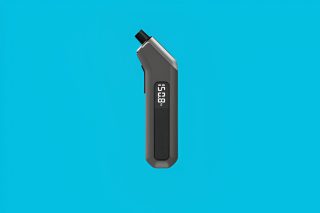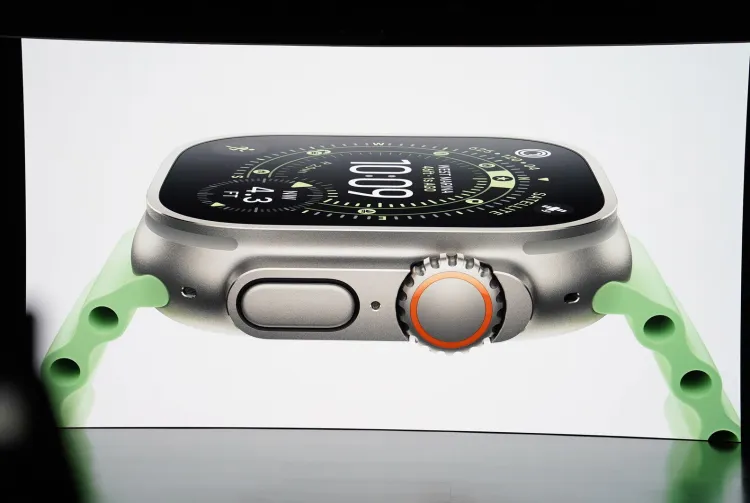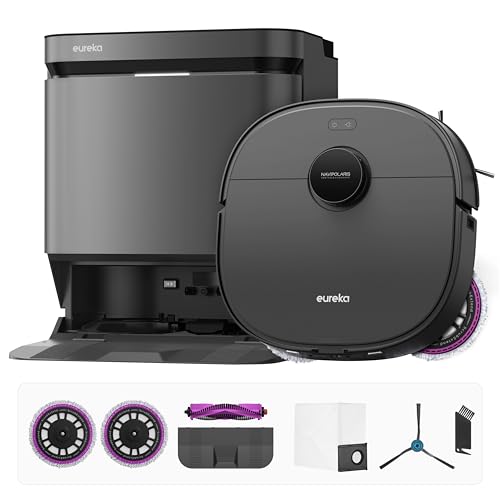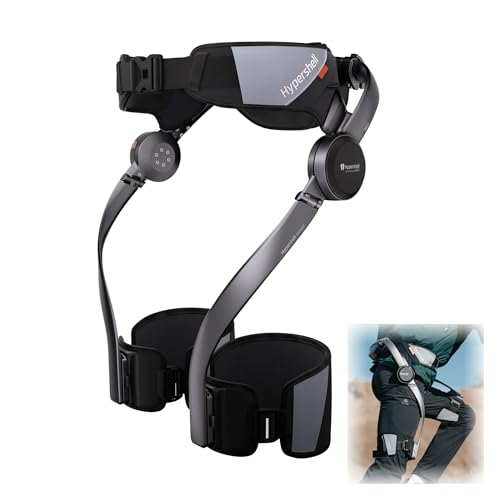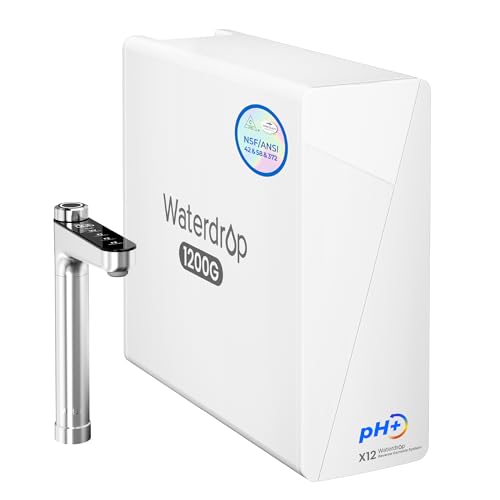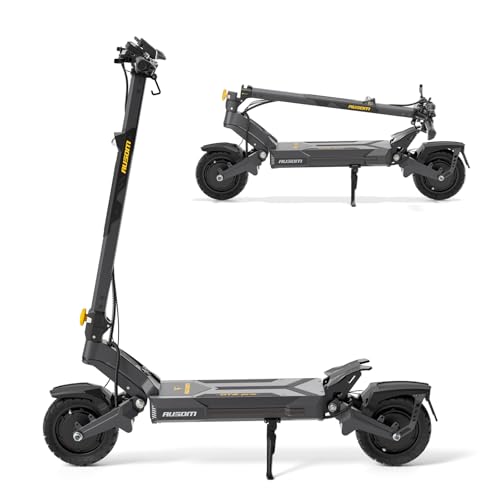When you call 911 because your neighbor’s music is rattling your windows at 2 AM, there’s a decent chance an AI might answer first. Emergency call centers are drowning in non-urgent requests—about 60% of 911 calls don’t qualify as actual emergencies—while 80% of dispatch centers struggle with dangerous understaffing levels.
Hyper, an AI voice technology company, just raised $6.3 million in seed funding to tackle this bottleneck. The July 2025 round, led by Eniac Ventures with participation from Ripple Ventures, was reportedly “rapid” and “oversubscribed,” suggesting investors recognize the urgency of this problem.
Your typical emergency center handles everything from heart attacks to noise complaints through the same overwhelmed human operators. Hyper’s platform promises to automate the mundane stuff—lost property reports, municipal service requests, routine follow-ups—freeing dispatchers to focus on calls where seconds literally matter. The AI handles conversations in over 30 languages and claims to sound naturally empathetic, not like you’re talking to a customer service bot from 2019.
Here’s where it gets interesting: the system instantly adapts to each agency’s standard operating procedures. Think of it like having a perfectly trained dispatcher who never gets tired, stressed, or overwhelmed during surge events like natural disasters or major incidents. It might even help determine if your trip is an actual emergency.
CEO Ben Sanders (who previously applied AI voice technology to drive-through restaurants) leads the venture alongside CPO Damian McCabe. The technology can supposedly handle warm transfers to human operators when situations escalate beyond automated responses.
The real test isn’t whether this AI can process routine reports—it’s whether it can maintain caller trust during those gray-area moments when someone’s not sure if their situation qualifies as an emergency. Emergency response hinges on human judgment, and handing that responsibility to algorithms raises questions about accountability and edge cases.
Still, the math is compelling. If Hyper’s platform truly resolves three-quarters of non-emergency calls as claimed, your actual emergency calls should reach human dispatchers faster. For a system where every second counts, that automation could mean the difference between life and death—assuming the AI knows when to get out of the way.





